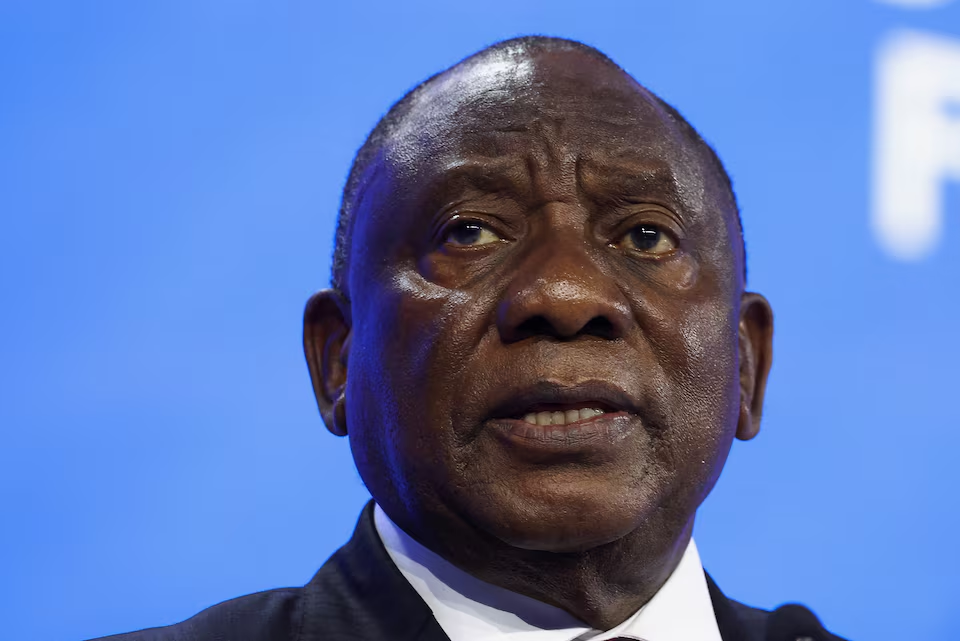South African President Cyril Ramaphosa has announced his intent to engage directly with U.S. President Donald Trump following the latter’s decision to suspend American funding for South Africa. Trump’s move, announced on Sunday, was in response to concerns over land confiscations, which he claims are happening without evidence and negatively affecting certain segments of South African society.
Trump’s statement, posted on Truth Social, stirred controversy as he accused South Africa of confiscating land and mistreating specific groups of people. In response, President Ramaphosa reaffirmed South Africa’s stance, emphasizing that the nation’s land reform policies were rooted in law and aimed at addressing the historical racial disparities in land ownership left by apartheid.
“We look forward to engaging with the Trump administration over our land reform policy and issues of bilateral interest,” Ramaphosa stated in a statement issued by the South African presidency. “We are confident that through this dialogue, we will reach a better mutual understanding on these matters.”
Ramaphosa was referring to the new Expropriation Bill, signed into law last month, which allows for the easier expropriation of land for public use. The law is designed to redress the imbalances that persist in land ownership, where the majority of land is still controlled by white South Africans, three decades after the end of apartheid. The law’s passage has sparked a fierce debate, with some political groups within Ramaphosa’s coalition government expressing their objections.
While Trump’s comments referred to the alleged land confiscations, they did not specifically mention the Expropriation Act. The law does not authorize indiscriminate land seizures but instead outlines clear conditions for land expropriation, such as when land is unused, abandoned, or held for speculative purposes.
Ramaphosa has been clear in stating that South Africa is not engaging in land confiscation, but rather utilizing a constitutionally mandated process that prioritizes fairness, justice, and equality. The president reiterated that the South African government continues to respect the rule of law in all its policies, ensuring that land redistribution occurs in an orderly and lawful manner.
In terms of U.S. support, Ramaphosa noted that the largest portion of American aid, which is the PEPFAR (President’s Emergency Plan for AIDS Relief) program, accounts for 17% of South Africa’s HIV/AIDS treatment programs. However, Ramaphosa downplayed concerns over the broader suspension of funding, stressing that there was no other substantial financial aid from the United States.
This diplomatic showdown between two powerful leaders highlights the tensions over land reform and the broader economic and social implications of these policies. As South Africa navigates these challenges, Ramaphosa remains committed to reinforcing the country’s democratic values while addressing the economic disparities created by years of racial injustice.
**Stay ahead of the latest developments in international relations, business, and political affairs. Join us on WhatsApp or Telegram for real-time updates on the evolving story between South Africa and the United States. Interested in contributing? Send your reports or articles to report@theinnovationtimes.com.
Follow us on X (Twitter), Instagram, LinkedIn, YouTube, Pinterest, and Facebook for more expert insights, trends, and analysis.



